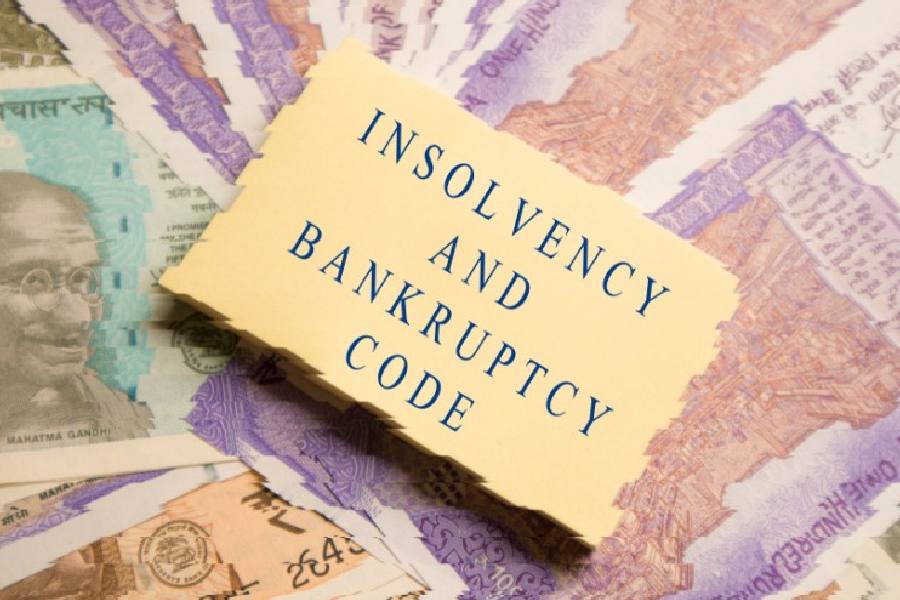The Insolvency and Bankruptcy Board of India has issued new guidelines for creditor committees amid growing concerns over delays and low recovery rates in debt resolution.
The regulator’s directives cover a wide range of issues: including establishing clear guidelines on the conduct of a committee member.
The code of conduct emphasises the independence and impartiality of creditors. It mandates the disclosure of any potential conflicts of interest.
Additionally, the guidelines underscore the importance of information sharing among the committee members.
Timely access to relevant financial data is essential for creditors to make well-considered judgements.
Anjali Jain, a partner at Areness Law, welcomed the guidelines as a step in the right direction but expressed concerns about their practical implementation.
She highlighted the potential challenges creditors may face in adhering to the new requirements while balancing their financial interests.
“The guidelines are only directory in nature and would serve the real cause only when this self-regulating mandate is impliedly imposed by the creditors. They must act progressively and participate actively as per the guidelines given,” Jain said.
Vishwas Panjiar, a partner at Nangia Andersen LLP, shared a more optimistic view. "Under the new framework, CoC members are required to disclose any potential conflicts of interest. This requirement aims to mitigate biases and ensure that all decisions are made impartially and in the best interest of all stakeholders involved.
"By mandating such disclosures, the guidelines seek to address issues of opacity and enhance the integrity of the decision-making process,” Panjiar said.










